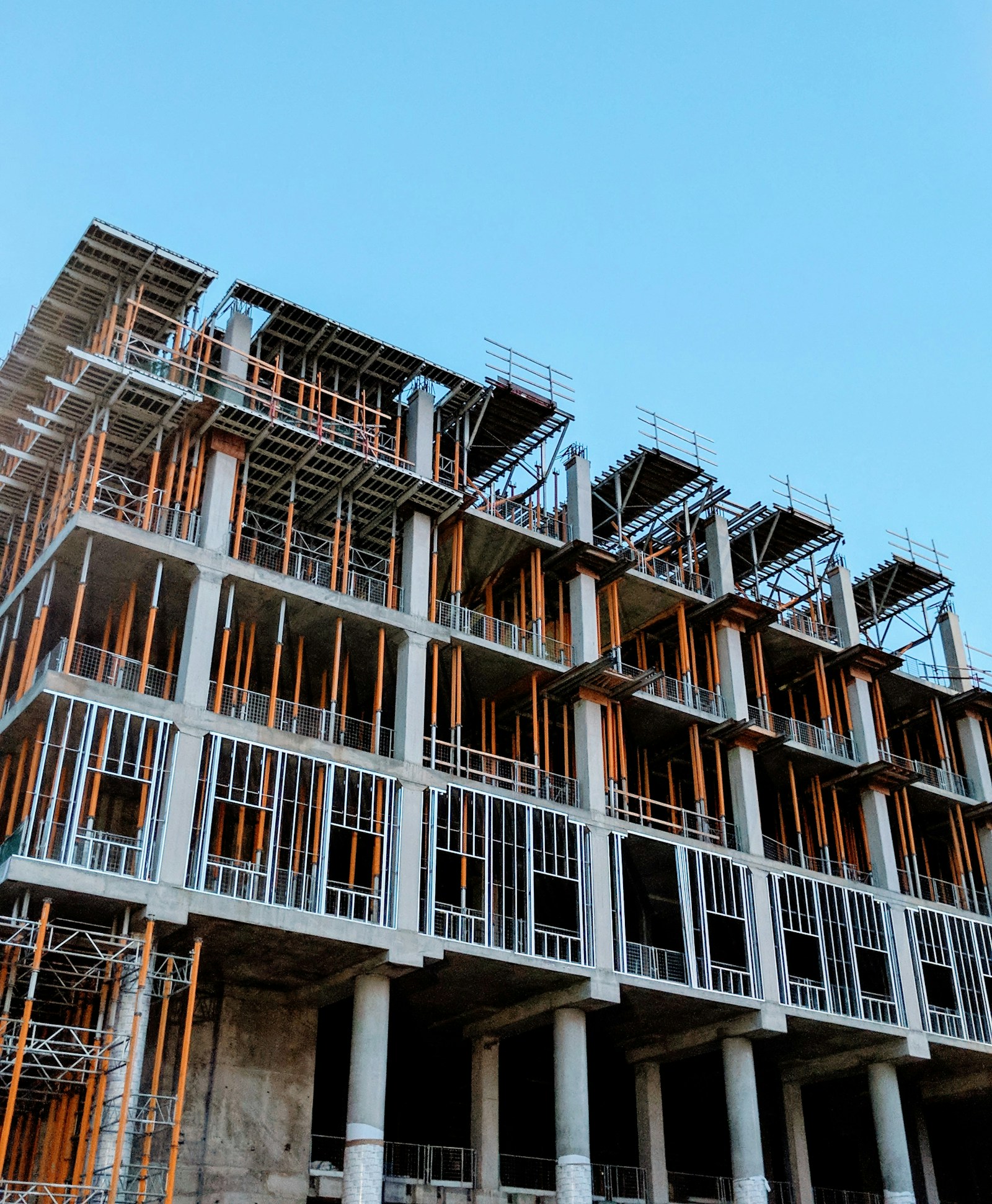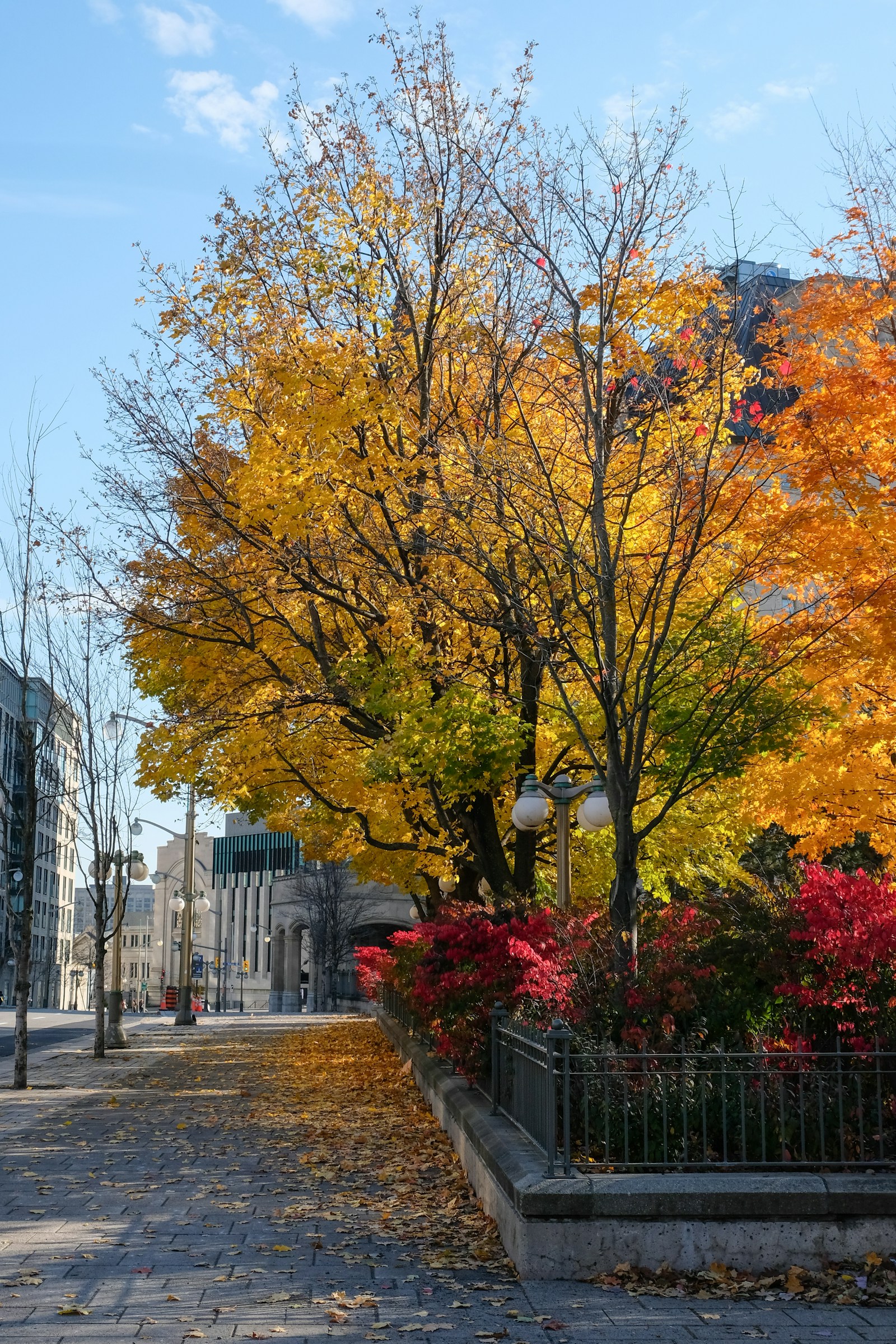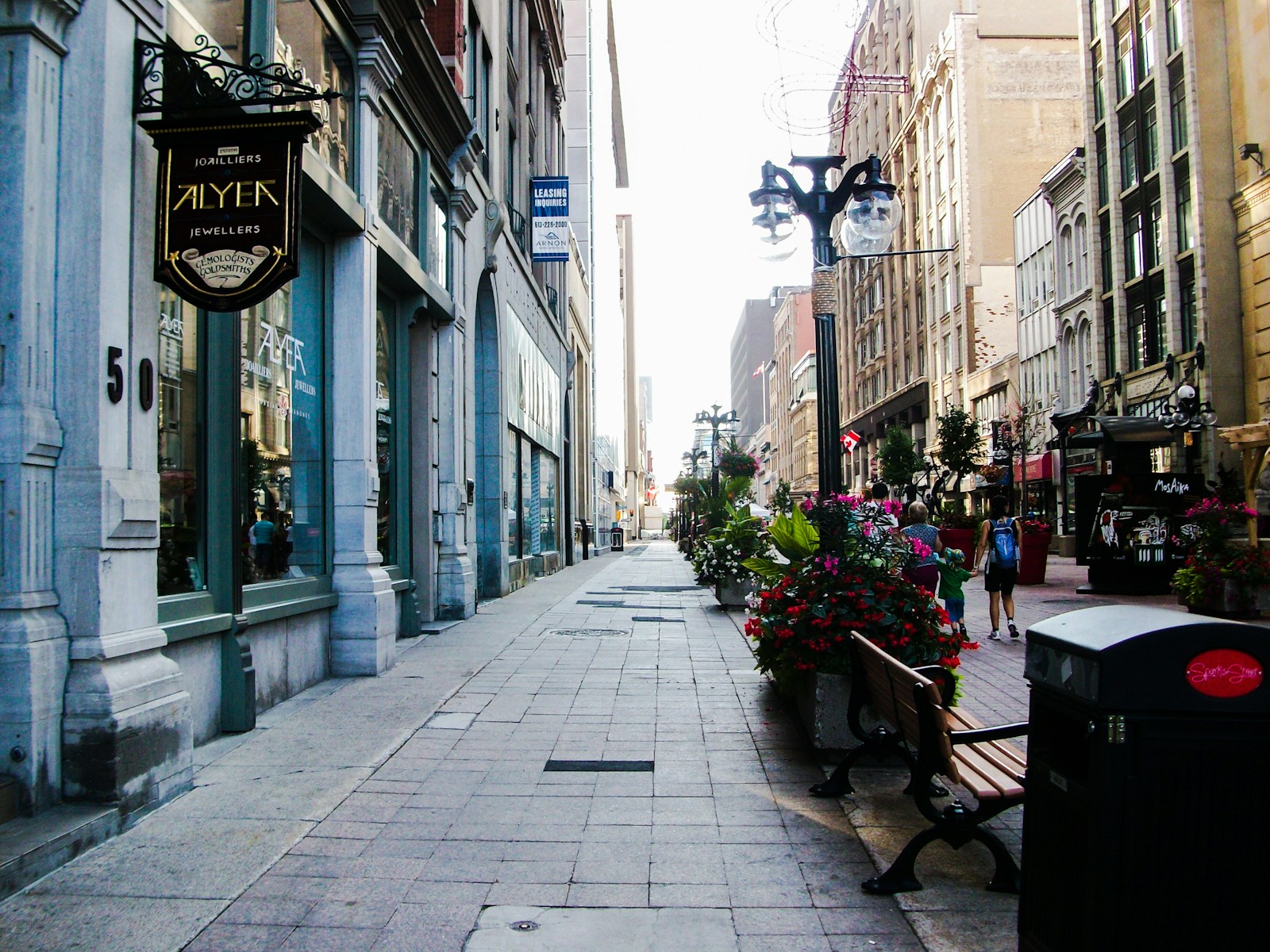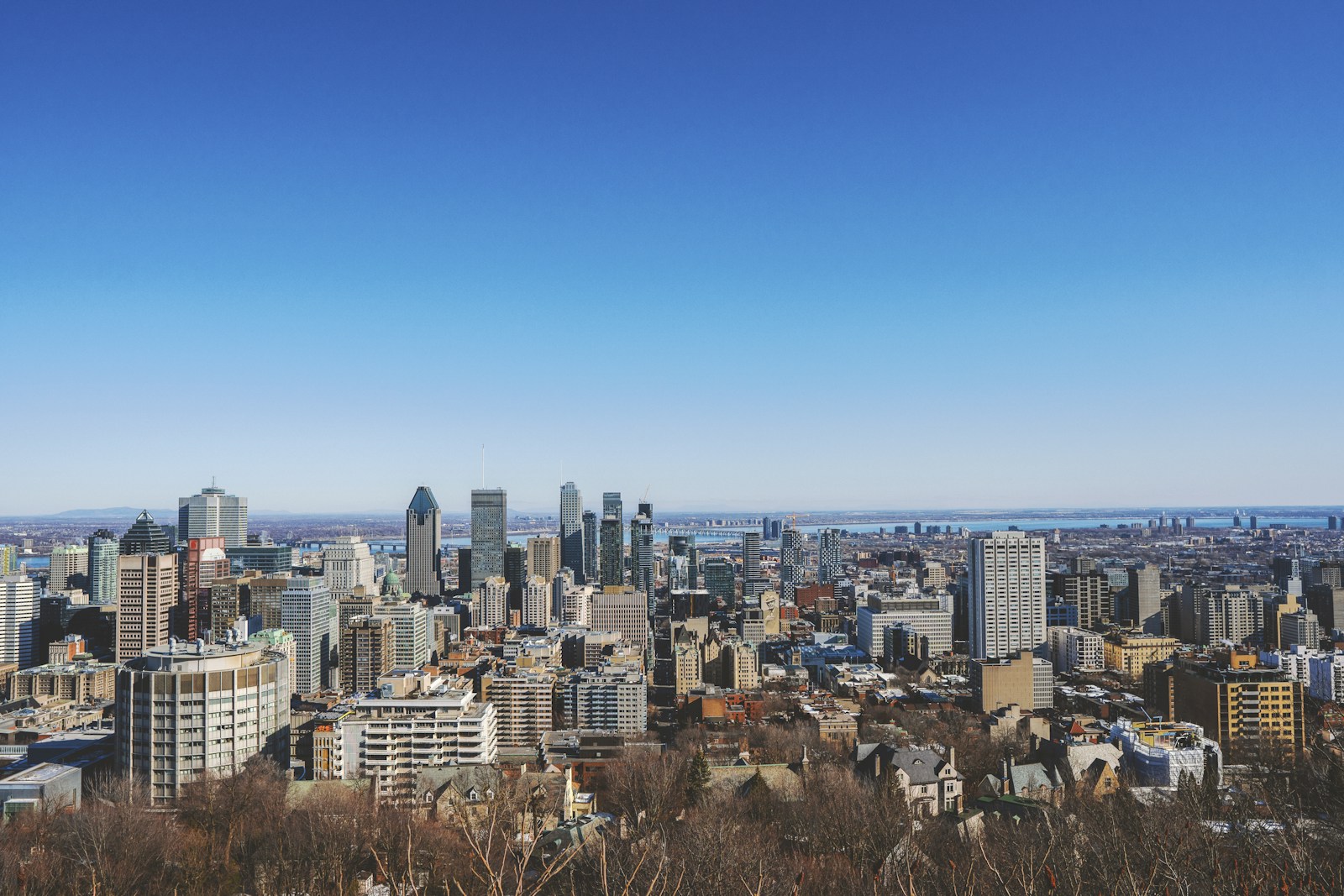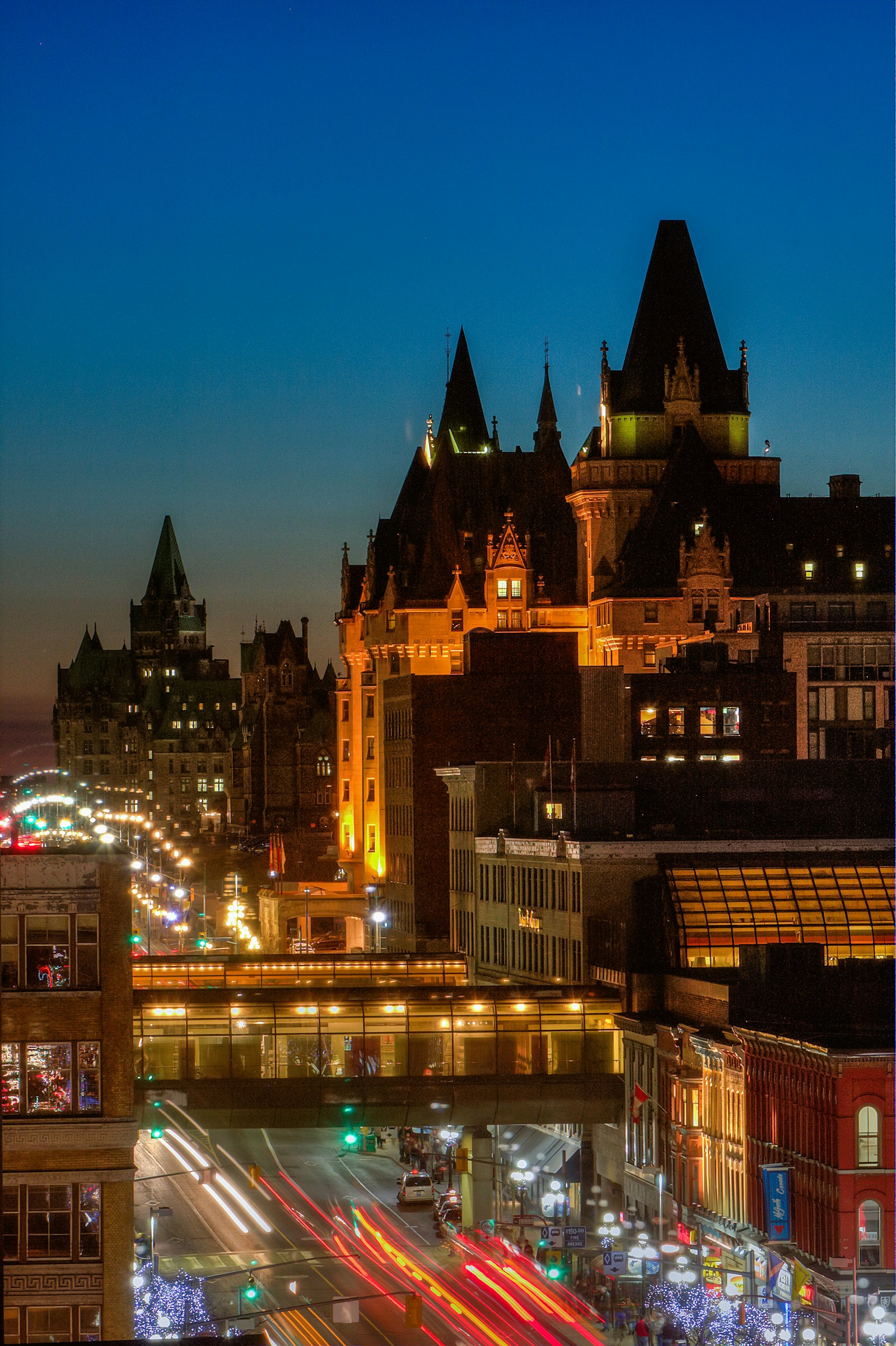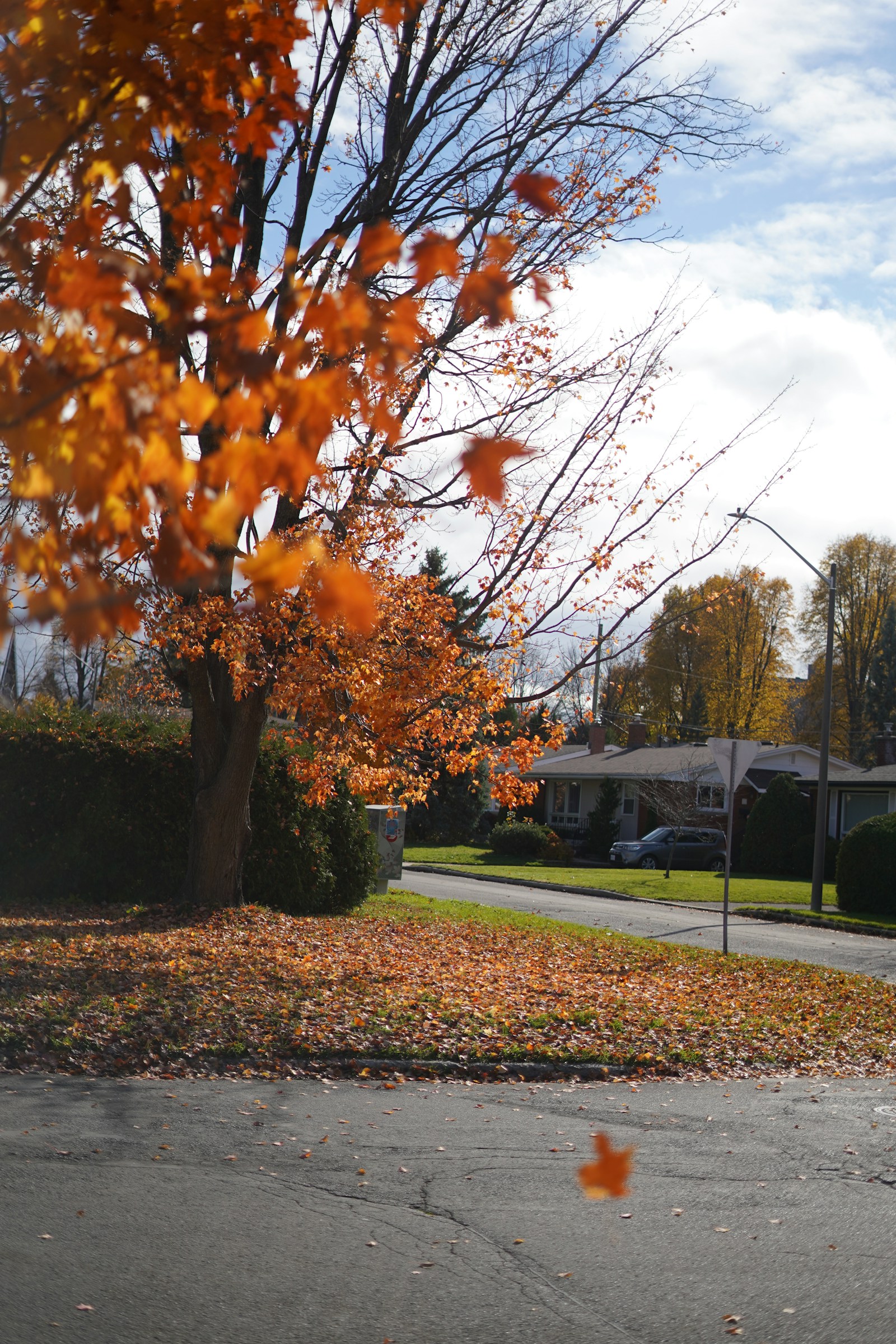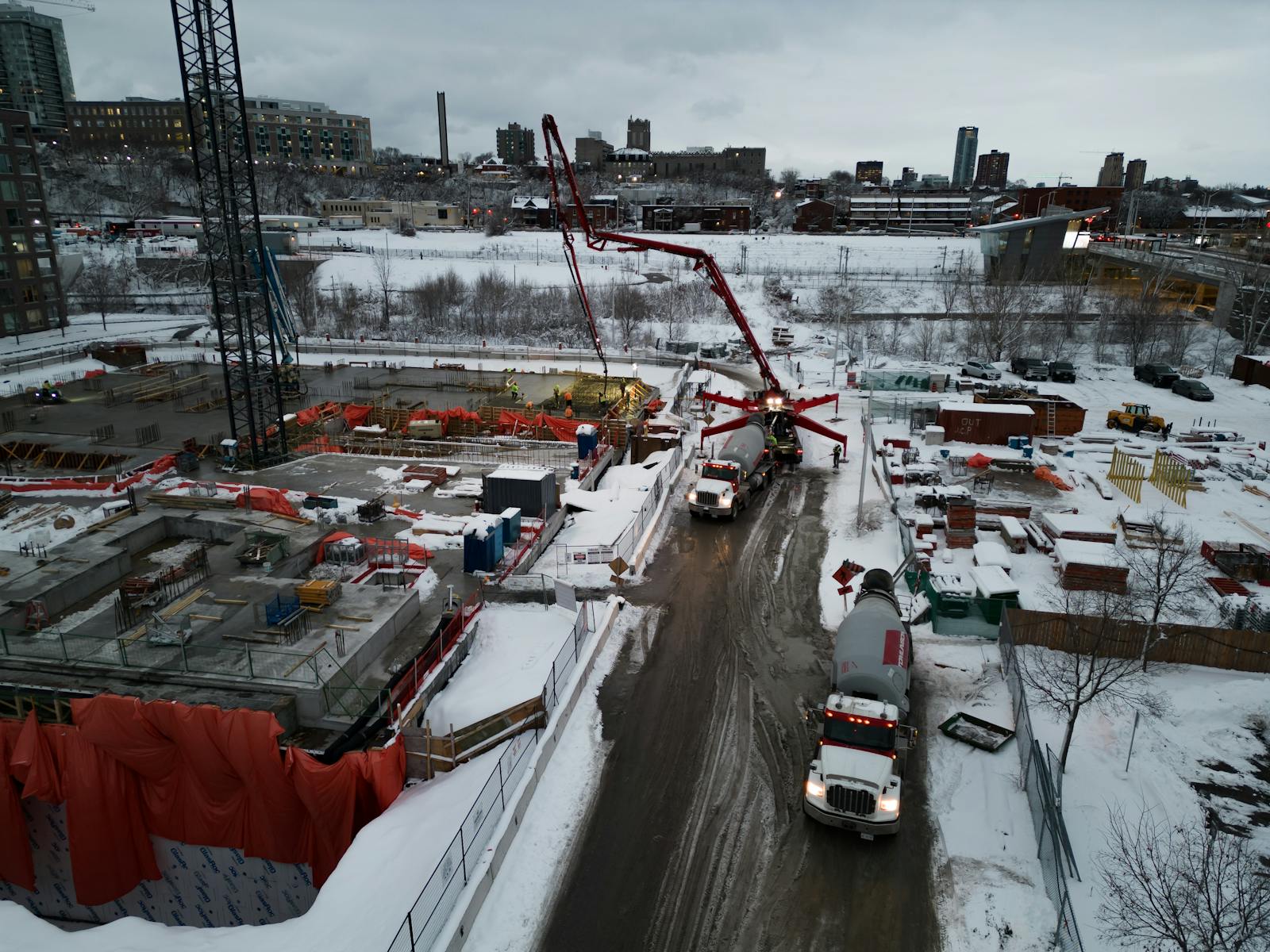If you’re buying a home in Ottawa in 2026, one of the first real decisions you’ll face is this:
Do you buy new construction — or a resale home?
Both options can work.
Both come with trade-offs.
And the “right” answer depends less on price than most buyers expect.
This guide breaks down how the two compare in real life — not just on paper.
What “New Construction” Means in Ottawa
In Ottawa, new construction typically refers to:
Pre-construction or recently completed homes in expanding suburbs
Townhomes, semis, and detached houses built by large developers
Some new mid-rise and high-rise condos
These homes are often located in areas like:
Barrhaven
Stittsville
Riverside South
Orléans
Parts of Kanata
You’re buying something that hasn’t been lived in — or barely has.
What “Resale” Really Means
A resale home is any property that’s been owned before.
In Ottawa, resale properties often offer:
Established neighbourhoods
Larger lots
Mature trees
Proximity to downtown, transit, or employment hubs
They range widely — from well-maintained homes to properties that need immediate work.
The Case for Buying New Construction
New homes attract buyers for good reasons.
1. Predictability (At First)
With new construction:
Everything is new
Maintenance costs are low early on
Major repairs are unlikely in the first few years
For buyers who value simplicity, that peace of mind matters.
2. Modern Layouts & Energy Efficiency
New homes are designed for how people live now:
Open layouts
Larger kitchens
Better insulation
Newer heating and cooling systems
Utility costs are often lower, especially in the early years.
3. Deposit Structure
Many new builds allow:
Staggered deposits
Time to save before closing
This can help buyers who aren’t quite ready to buy immediately.
The Trade-Offs With New Construction
This is where expectations need adjusting.
1. Price vs Location
New construction often means:
Paying a premium
Being farther from downtown
Less walkability
You’re often trading location for novelty.
2. Closing Costs Surprise
New builds can come with:
Development charges
Tarion fees
Utility hook-ups
Landscaping not included
These costs can add tens of thousands if not planned for.
3. Build Quality Varies
“New” doesn’t always mean “better.”
Some buyers discover:
Thin walls
Rushed finishes
Minor issues that take years to fully resolve
Warranties help — but they don’t eliminate inconvenience.
The Case for Buying Resale
Resale homes shine in different ways.
1. Location & Character
Resale properties often offer:
Central neighbourhoods
Mature streets
Larger lots
Better access to transit, schools, and amenities
For many buyers, this outweighs having something brand new.
2. Transparent Pricing
With resale:
You see the final price upfront
No development charges after the fact
Fewer surprise line items at closing
What you offer is what you pay.
3. Proven Neighbourhoods
You can evaluate:
Traffic
Noise
Parking
Neighbours
Seasonal issues
Nothing is theoretical — you can observe it all.
The Trade-Offs With Resale
Resale isn’t risk-free.
1. Maintenance Costs
Older homes may need:
Roofs
Windows
HVAC systems
Plumbing or electrical updates
These costs are real — and often arrive sooner than buyers expect.
2. Competitive Offers
Well-priced resale homes in desirable areas:
Still attract strong demand
Can lead to bidding pressure
Emotion and competition can push buyers beyond their comfort zone.
Financial Comparison: New vs Resale
New Construction
Higher purchase price
Higher closing costs
Lower early maintenance
Often higher property taxes initially
Resale
Potentially lower purchase price
Predictable closing costs
Higher maintenance over time
Established tax history
The “cheaper” option depends on how long you plan to stay.
Which Option Makes Sense in 2026?
New construction may be better if:
You plan to stay long-term
You value low early maintenance
You’re comfortable with suburban growth areas
Resale may be better if:
Location matters more than finishes
You want walkability or transit access
You prefer known costs over future estimates
There’s no universal winner — only better alignment.
The Bottom Line
Buying new construction vs resale in Ottawa isn’t about right or wrong.
It’s about trade-offs:
Time vs convenience
Location vs modernity
Predictability vs character
The best decision is the one that fits your lifestyle, risk tolerance, and time horizon — not just today’s market.
Thinking About Making a Move?
If you’re weighing specific new builds against resale options, comparing total ownership cost — not just purchase price — is where clarity usually shows up.
That’s often the difference between a home that looks good on paper and one that feels right long-term.

